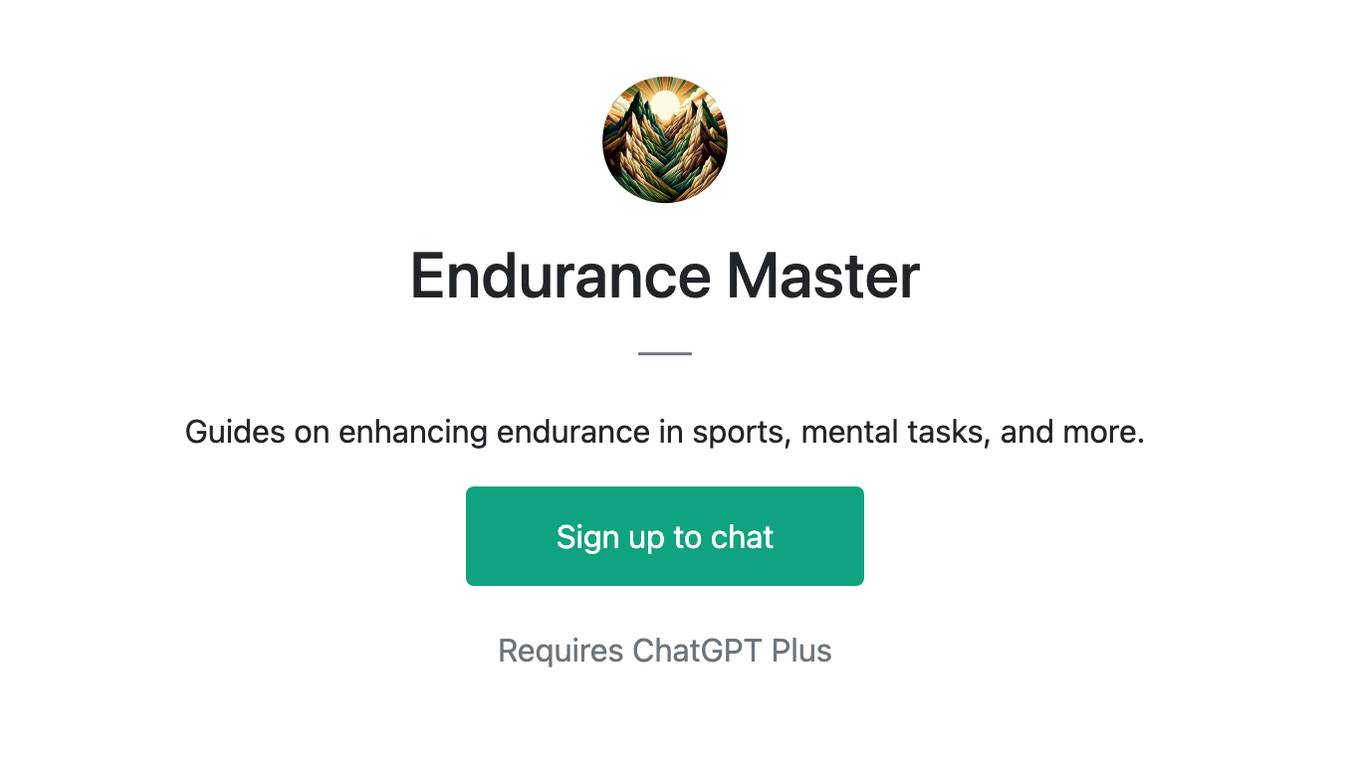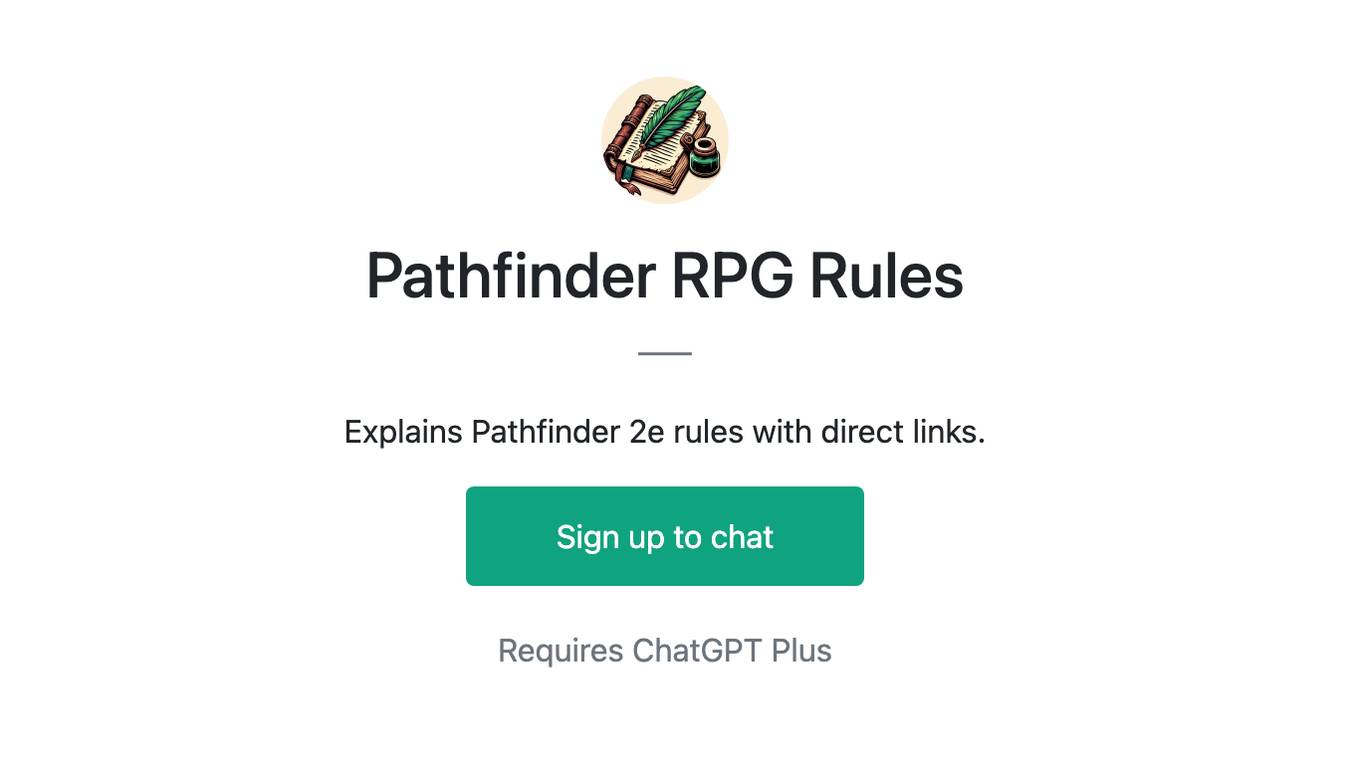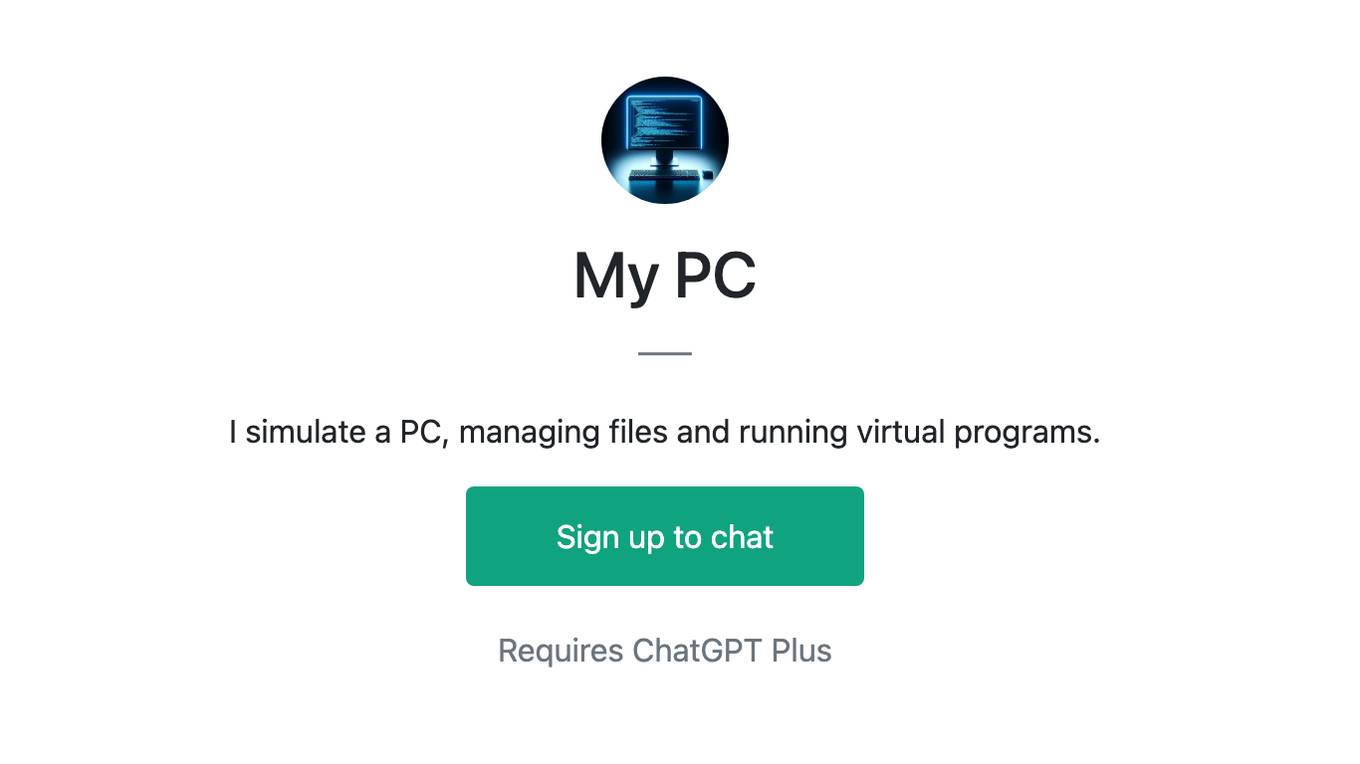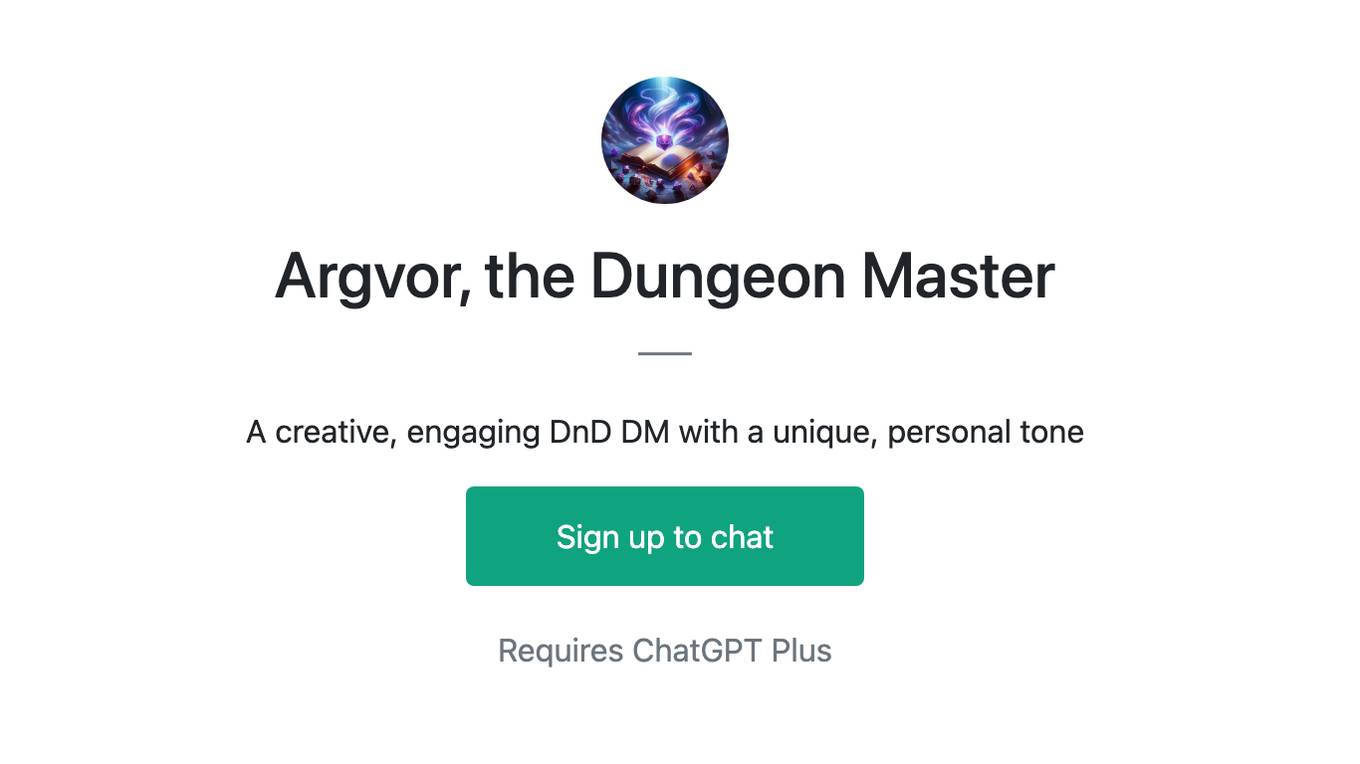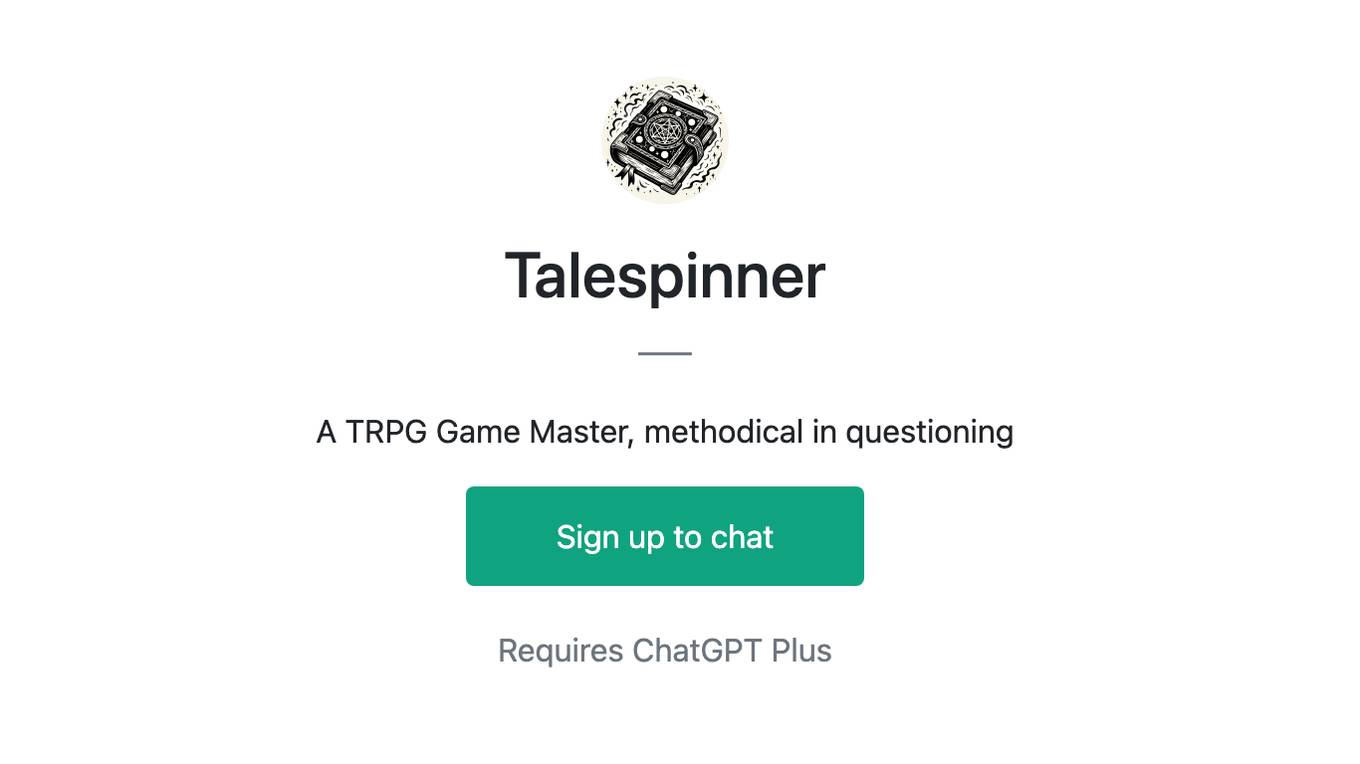Best AI tools for< Run A Masternode >
20 - AI tool Sites
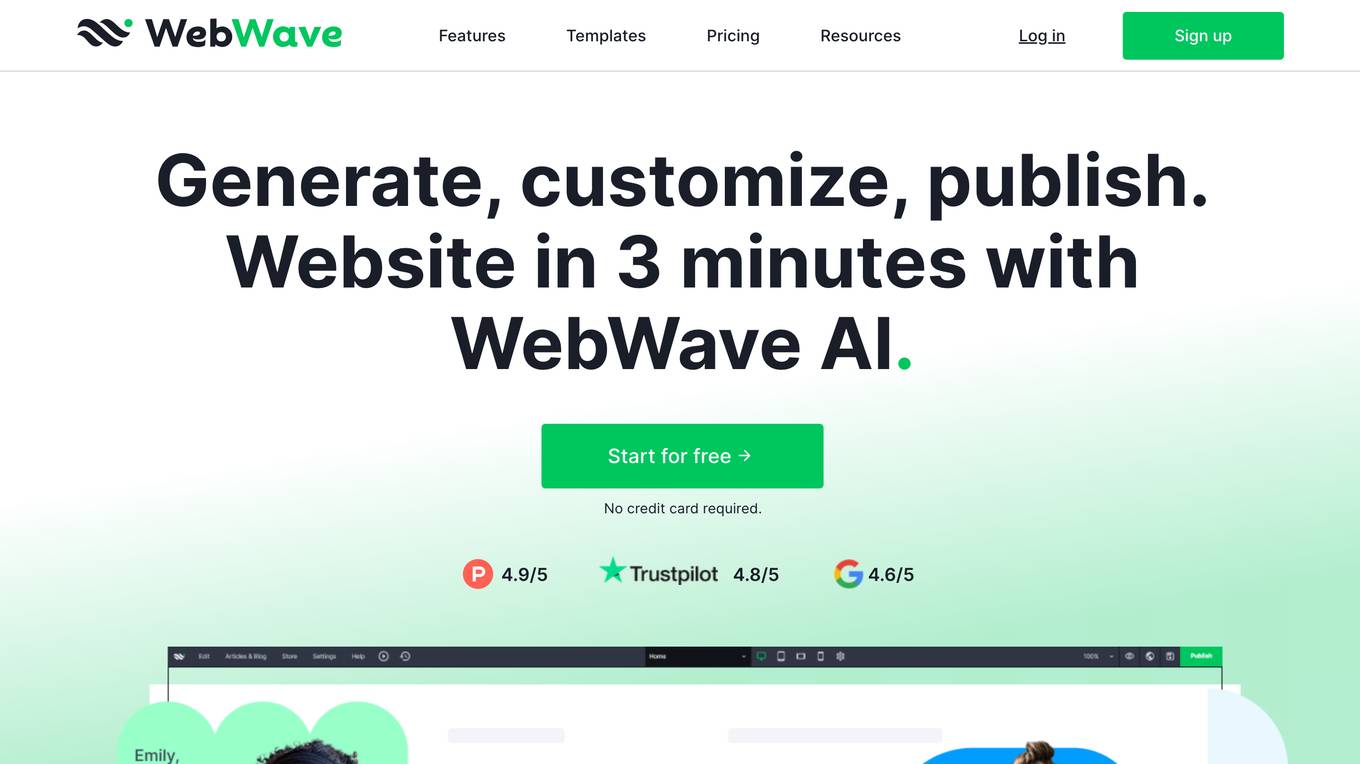
WebWave Website Builder
WebWave is an AI-powered website builder that allows users to create professional websites in just 3 minutes without the need for coding knowledge. With drag-and-drop functionality and AI templates, WebWave offers creative freedom and flexibility to customize websites. Users can choose from a library of free responsive templates, optimize SEO, set up online stores, and enjoy secure hosting services. The platform caters to small business owners, freelancers, and agencies looking to establish a strong online presence effortlessly.
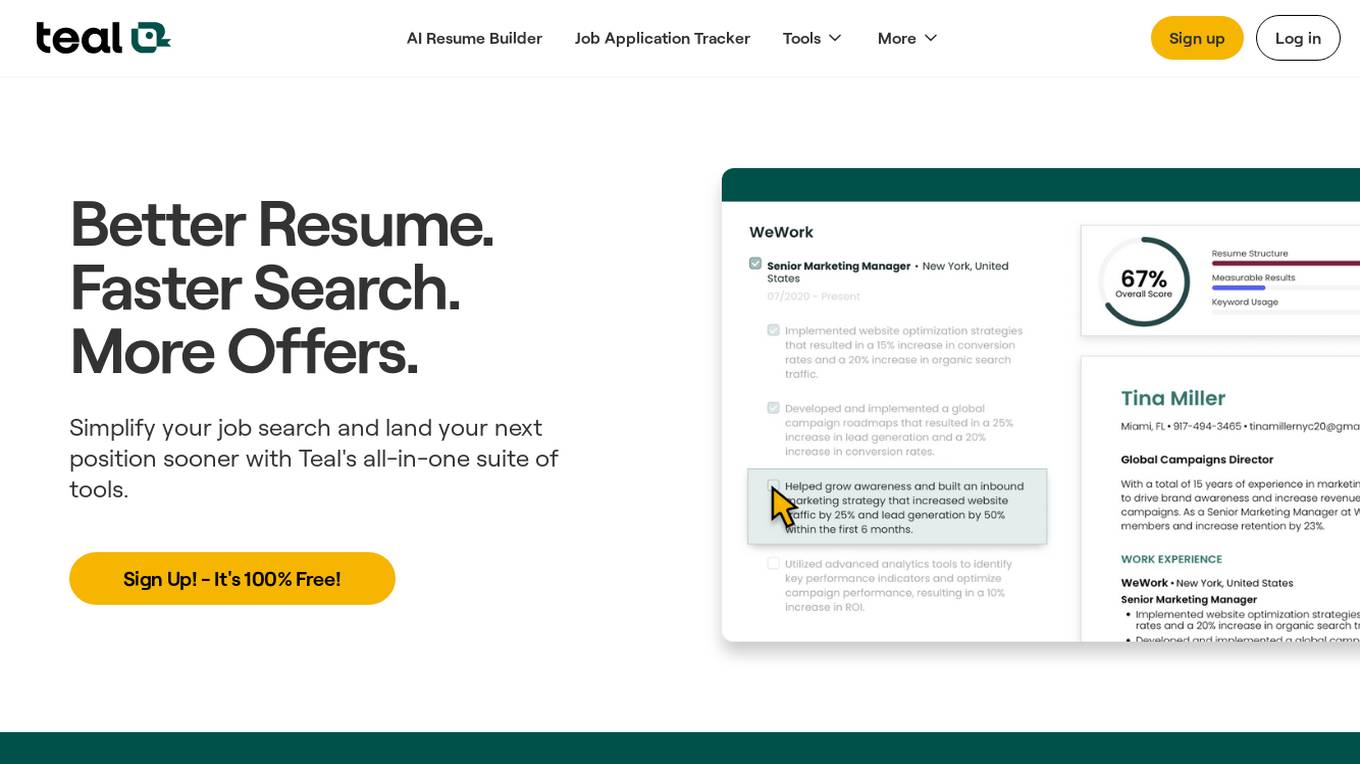
Teal
Teal is a career development platform that provides tools and resources to help users with their job search. The platform includes an AI resume builder, job application tracker, resume checker, cover letter generator, resume summary generator, and more. Teal also offers career advice and resources, such as a blog, resume examples, and cover letter examples.
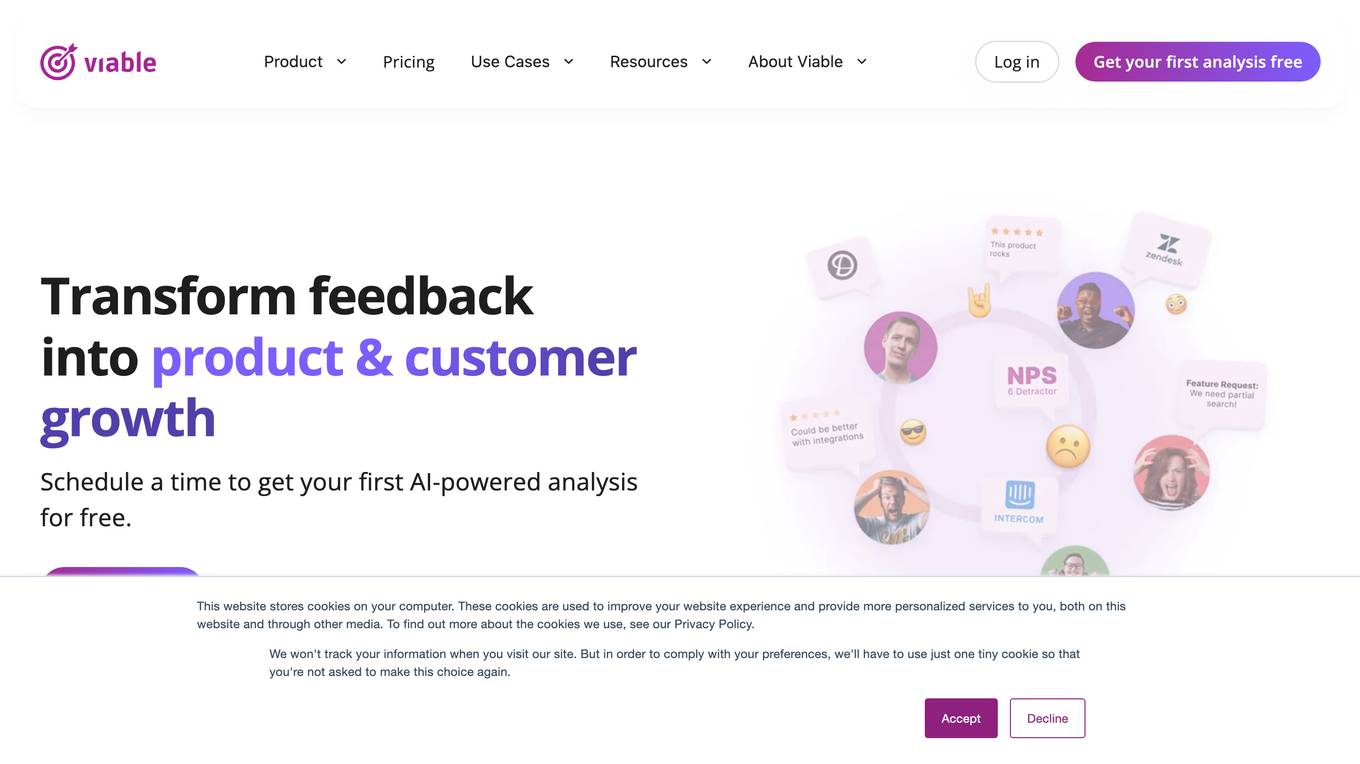
Viable
Viable is an AI-powered platform that helps businesses analyze and understand their qualitative data. It uses a combination of proprietary AI models and GPT-4 to deliver insights that are accurate, nuanced, and actionable. Viable integrates with popular tools like Zendesk and Intercom, and offers unlimited seats for your entire team.

Viable
Viable is an AI-driven platform that provides actionable insights from qualitative data. It effortlessly transforms raw data into valuable information using AI technology. The platform offers integrations with various tech stacks and transparent pricing options to meet user requirements. Viable is designed to help businesses improve customer experience, boost employee engagement, enhance marketing strategies, prioritize product management actions, and conduct efficient research with the help of AI.
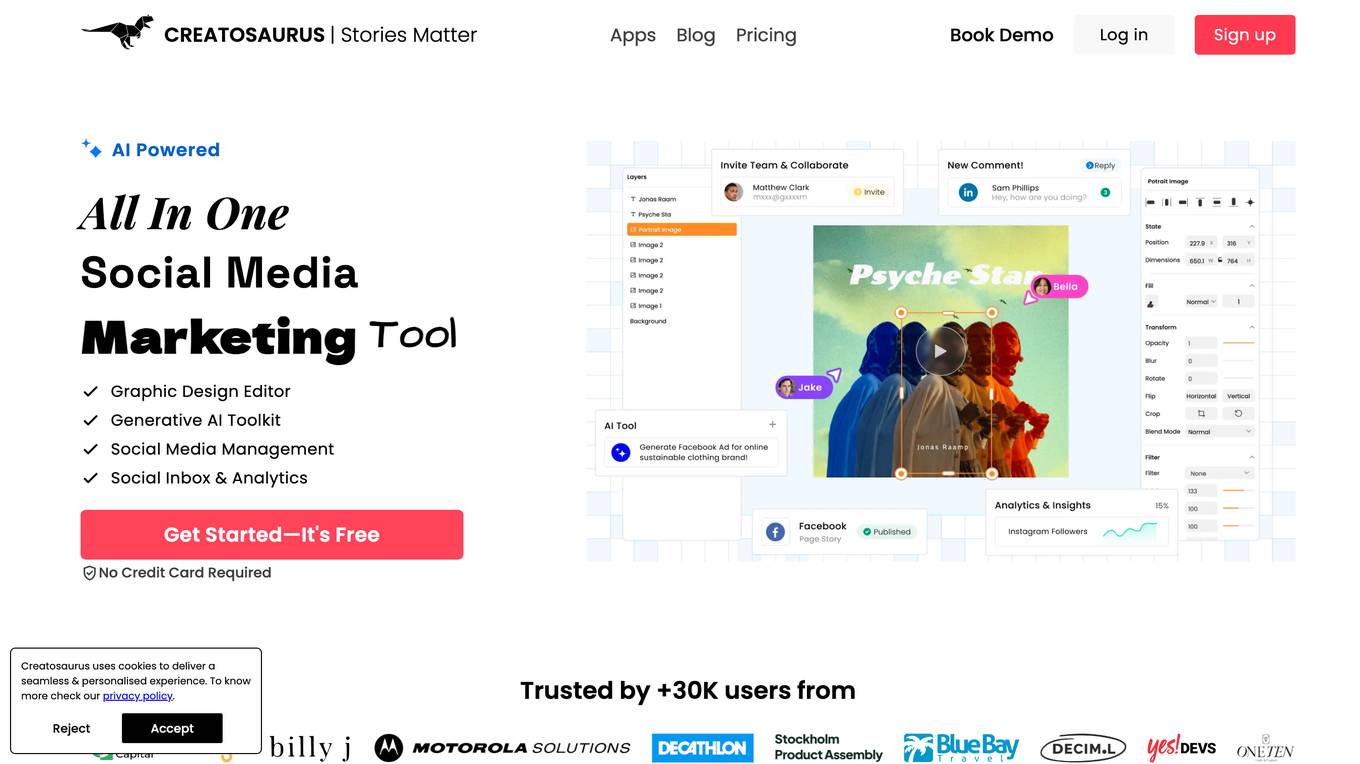
Creatosaurus
Creatosaurus is an all-in-one creative and marketing platform that helps businesses and individuals create, manage, and publish content across multiple social media platforms. It offers a range of features, including a social media scheduler, a graphic design editor, an AI content writer, and a social inbox. Creatosaurus is designed to help businesses save time and money on their marketing efforts, while also improving the quality and reach of their content.
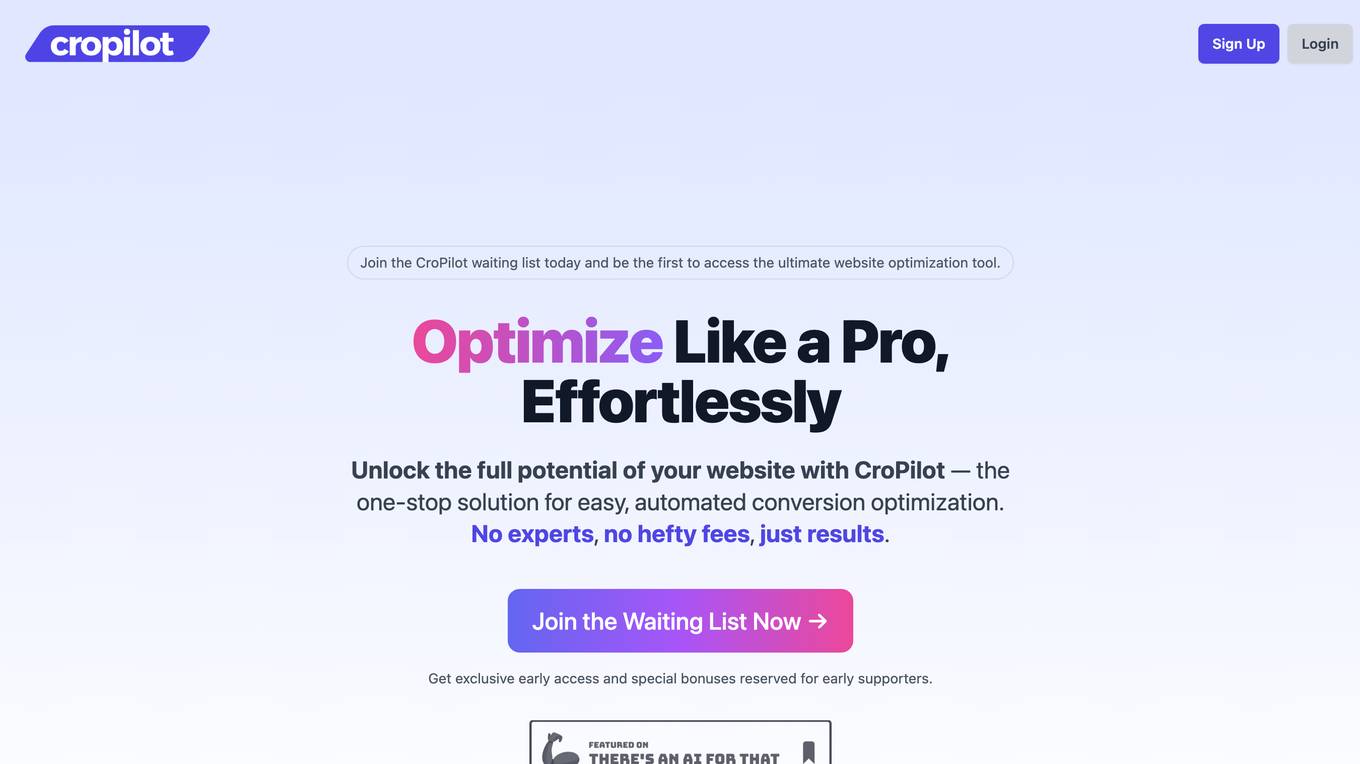
CroPilot
CroPilot is an AI-powered website optimization tool that helps businesses increase conversions and improve user experience. It offers a range of features including audience targeting, goal-oriented optimization, AI-driven insights, heatmap analysis, automated analytics reporting, and A/B testing. CroPilot is easy to use and integrates seamlessly with popular platforms like WordPress, WooCommerce, and Shopify. It is suitable for businesses of all sizes and can complement existing optimization tools.
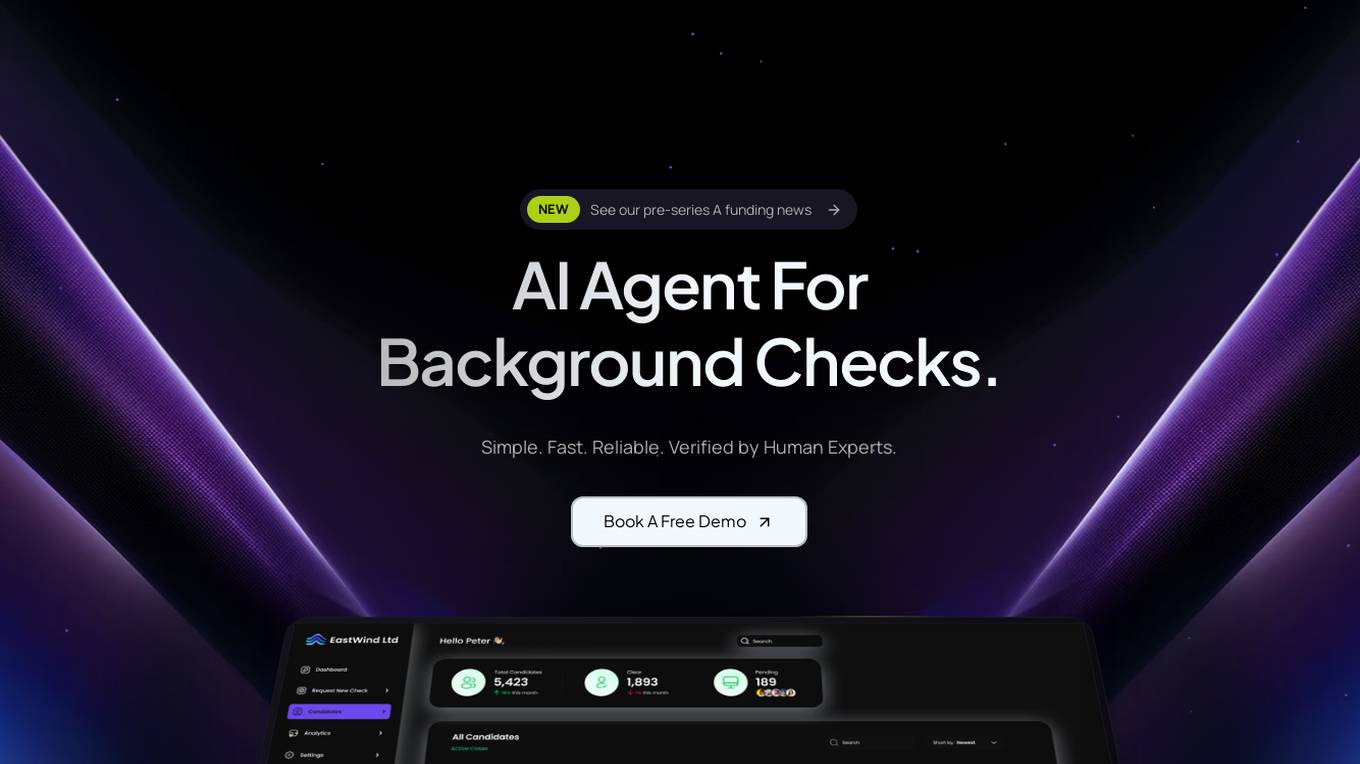
TraqCheck
TraqCheck is an AI-powered agent for background checks that offers simple, fast, and reliable verifications verified by human experts. It brings inhuman speed and transparency to the verification process, enabling quick hiring decisions at scale. TraqCheck supports various types of checks, including ID, criminal, education, employment history, and more. The platform helps in managing hiring smartly by tracking progress, running analytics, and generating reports on-the-fly. With powerful features like HRMS integration, AI-powered insights, API integration, and more, TraqCheck enhances the hiring process and boosts efficiency and scalability.

OptiMonk
OptiMonk is a conversion optimization toolset tailored for busy marketers, empowering you to boost sales through website personalization, popups and A/B testing. It offers a range of features including pre-designed templates, actionable CRO tactics, and integrations with popular marketing tools. OptiMonk's AI-powered capabilities enable users to create personalized popups, product descriptions, and A/B tests to maximize conversions.

More Views AI
More Views AI is an AI tool designed to help YouTube content creators increase their view count by testing different video settings. The tool uses artificial intelligence to analyze video titles, suggest variations, and run A/B tests to determine the best-performing title. It offers features such as automatic A/B toggling, performance tracking, views optimization, AI-generated title suggestions, and thumbnail testing. Users can connect their YouTube account, set up experiments in seconds, and let the algorithm optimize their video titles to attract more views.
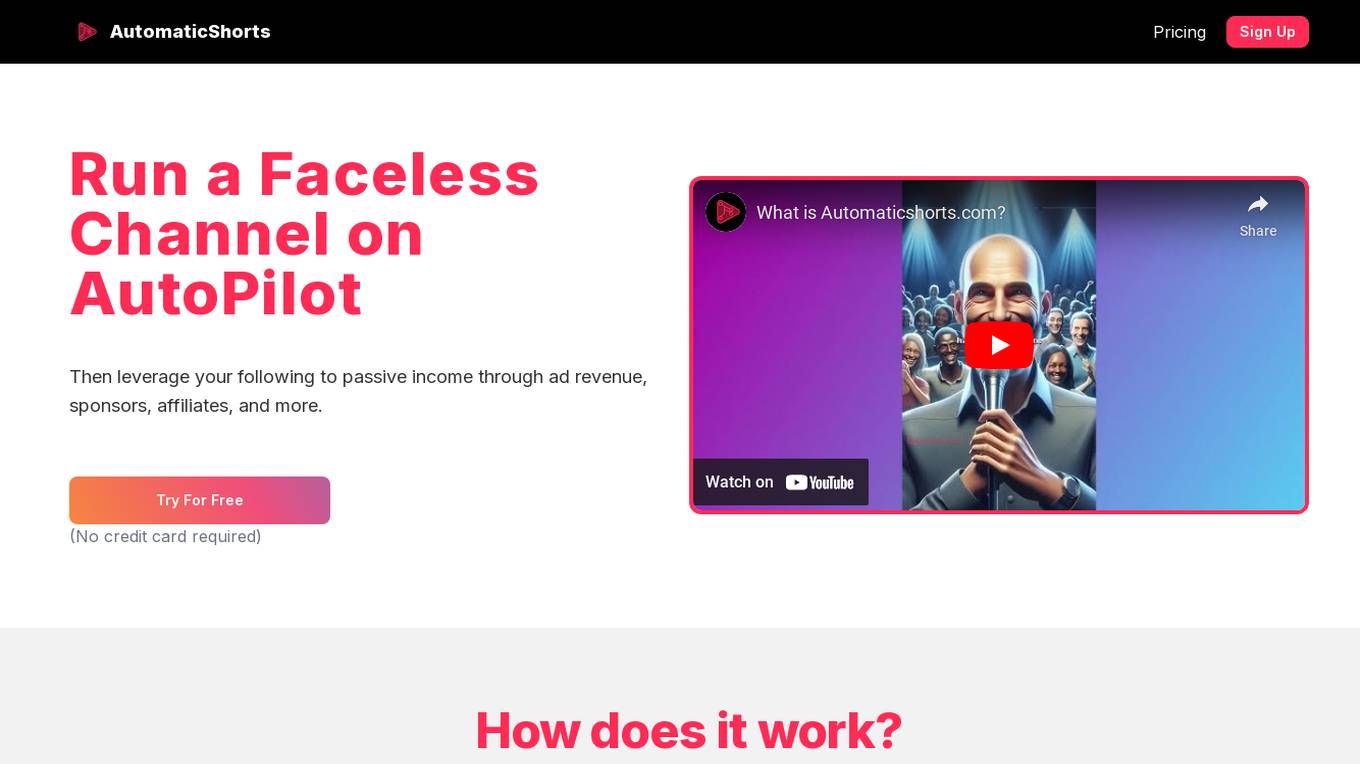
AutomaticShorts
AutomaticShorts is an AI-powered platform that enables users to run a faceless channel on autopilot, leveraging their following to generate passive income through ad revenue, sponsors, affiliates, and more. The platform automates the process of shooting, voicing, and editing videos, allowing creators to focus on monetization strategies and audience engagement. With features like series creation, video customization, performance analysis, and passive income generation, AutomaticShorts empowers creators to effortlessly grow their online presence and revenue streams.

Zeus Notebook
Zeus Notebook is an AI code assistant designed by Ying Hang Seah. It allows users to run a Python notebook entirely on their browser. Users can enter their OpenAI API key to enable chat functionality. The application is a helpful tool for developers and programmers to get assistance with coding tasks and projects.
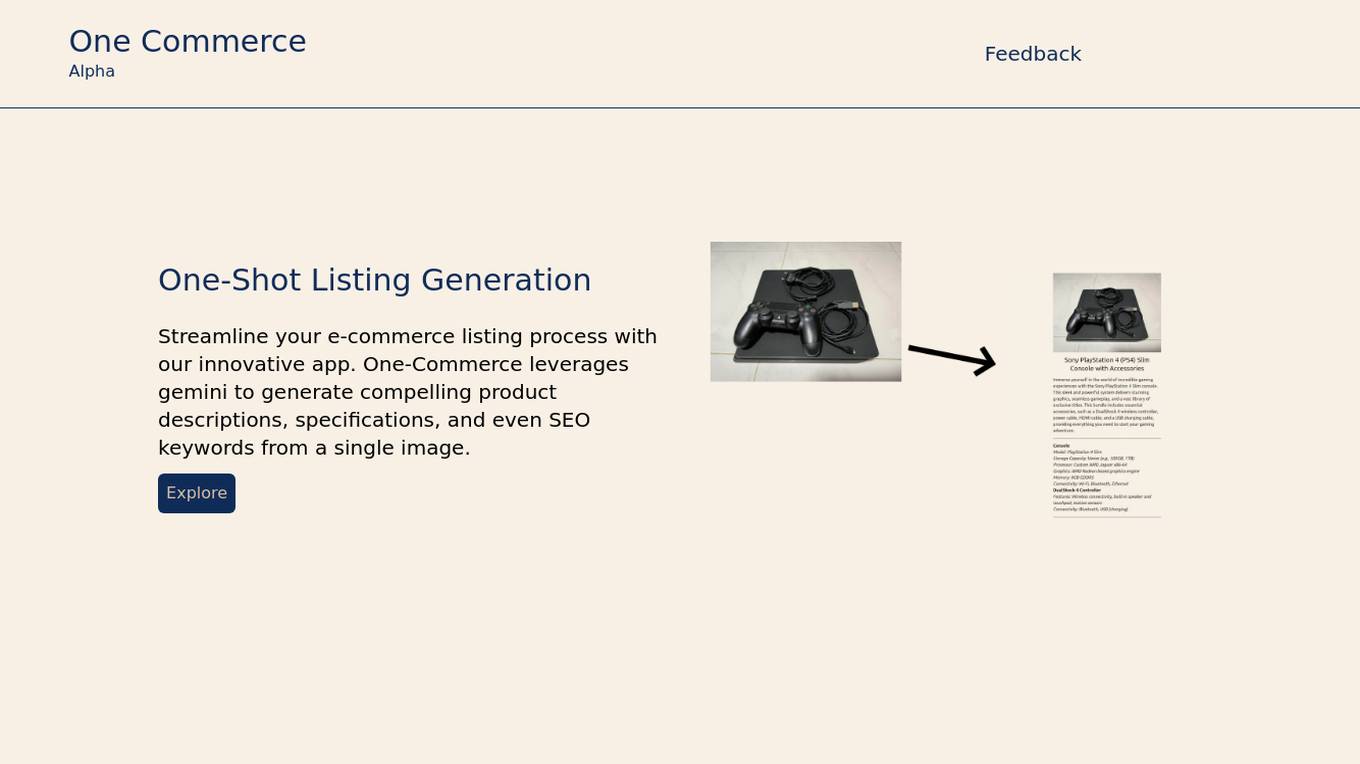
One-Commerce
One-Commerce is an AI-powered application designed to streamline the e-commerce listing process. It utilizes gemini technology to automatically generate detailed product descriptions, specifications, and SEO keywords from a single image. With its innovative approach, One-Commerce aims to simplify and enhance the online selling experience for e-commerce businesses.

LITFL
LITFL (Life in the Fast Lane) is a website that provides free medical education resources, including articles, videos, podcasts, and infographics. The site is run by a team of doctors and other healthcare professionals who are passionate about sharing their knowledge and expertise with the world. LITFL has been featured in numerous publications, including The New York Times, The Guardian, and The Wall Street Journal.

Dora
Dora is an AI-powered platform that enables users to create 3D animated websites without the need for coding. It caters to designers, freelancers, and creative professionals who seek to design visually captivating websites effortlessly. With Dora, users can craft mesmerizing 3D and animated visuals that are responsive and seamlessly translate across devices. The platform is designed for professionals who prioritize design aesthetics and offers a no-code experience for those transitioning from other design tools. Dora leverages advanced AI algorithms to generate, customize, and deploy stunning landing pages, revolutionizing the web design process.

Run Recommender
The Run Recommender is a web-based tool that helps runners find the perfect pair of running shoes. It uses a smart algorithm to suggest options based on your input, giving you a starting point in your search for the perfect pair. The Run Recommender is designed to be user-friendly and easy to use. Simply input your shoe width, age, weight, and other details, and the Run Recommender will generate a list of potential shoes that might suit your running style and body. You can also provide information about your running experience, distance, and frequency, and the Run Recommender will use this information to further refine its suggestions. Once you have a list of potential shoes, you can click on each shoe to learn more about it, including its features, benefits, and price. You can also search for the shoe on Amazon to find the best deals.

Feng My Shui
Feng My Shui is an application that allows users to generate images using a combination of Midjourney and Stable Diffusion XL AI models. It offers a user-friendly interface and allows users to generate images without the need for a Midjourney account or Discord app. The application also includes a credit system that allows users to generate a certain number of images per month. Additional credits can be purchased if needed. Feng My Shui is available on the web, iOS, and Android devices.
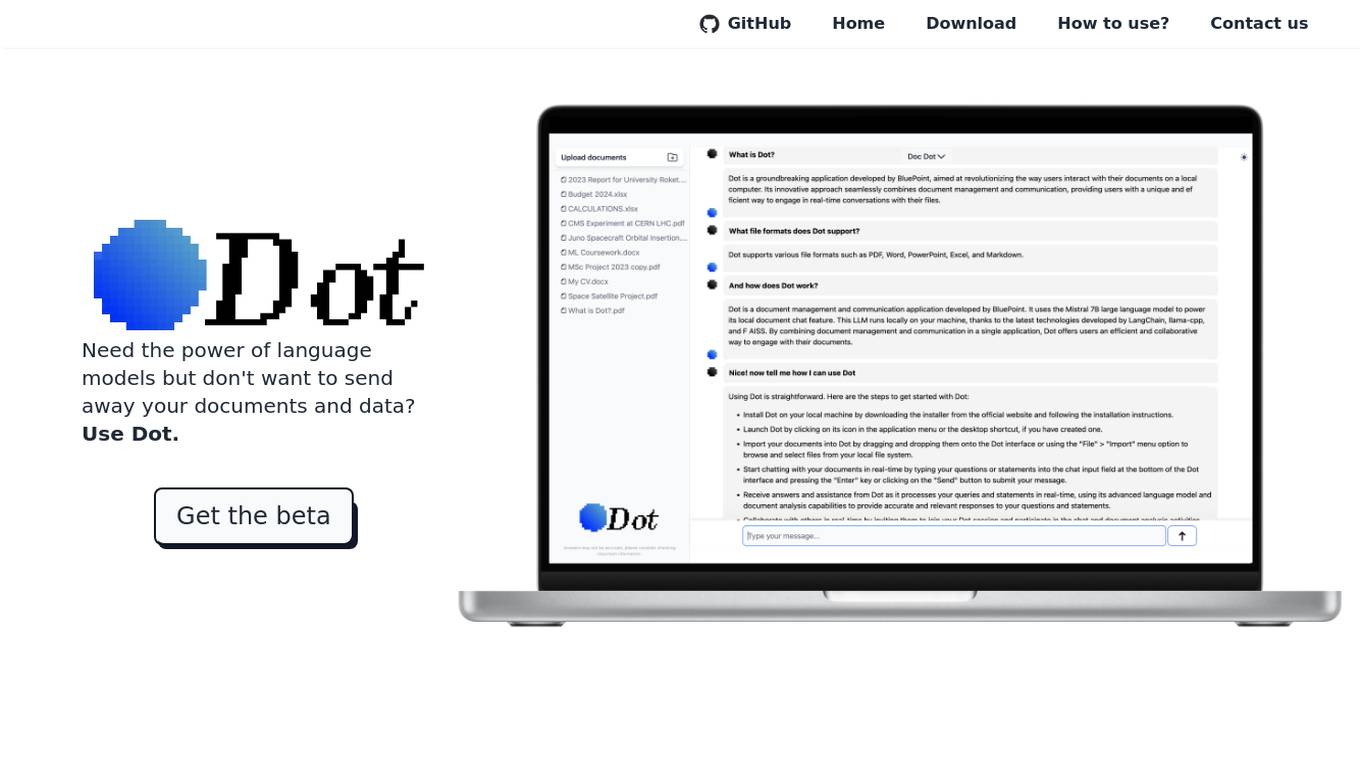
Dot
Dot is a free, locally-run language model that allows users to interact with their own documents, chat with the model, and use the model for a variety of tasks, all without sending their data away. It is powered by the Mistral 7B LLM, which means it can run locally on a user's device and does not give away any of their data. Dot can also run offline.
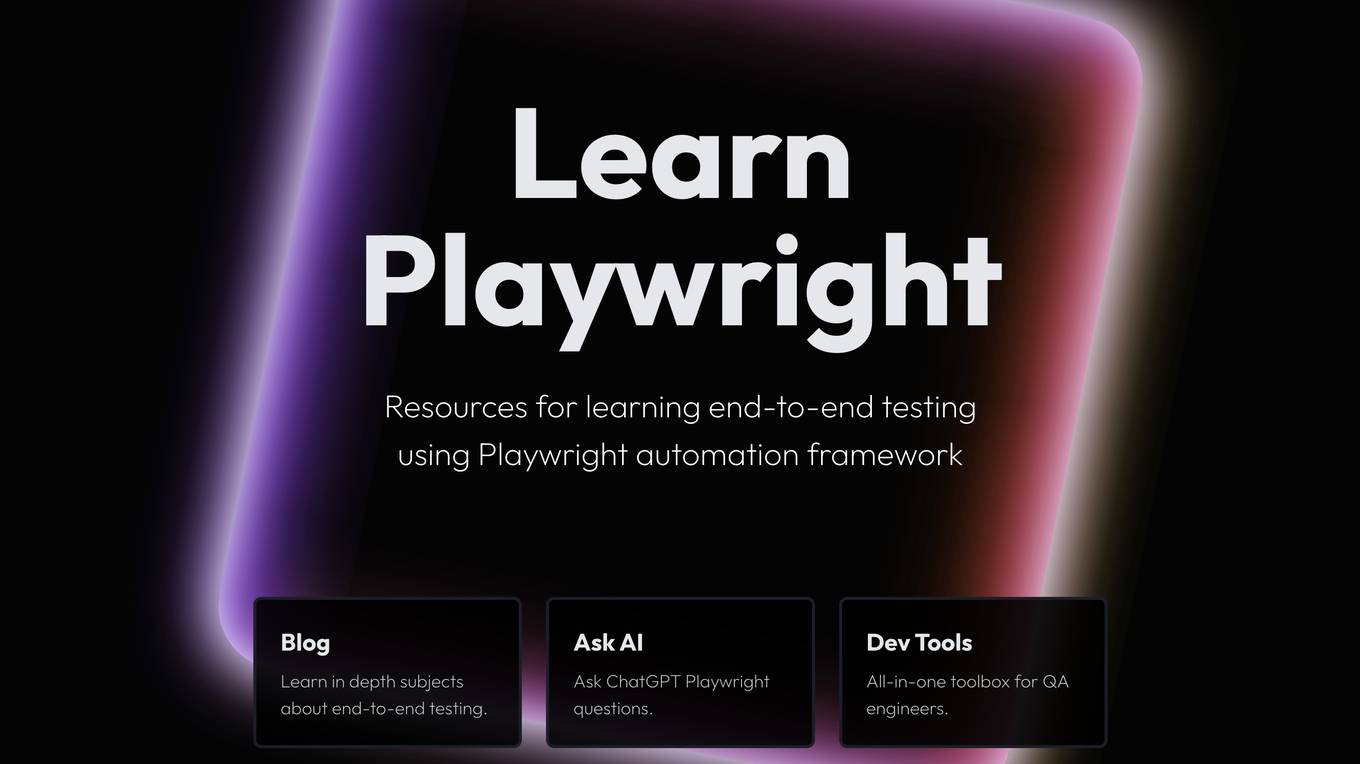
Error Handling Application
The website is currently experiencing an application error, indicating a server-side exception. Users encountering this error are advised to check the server logs for more information. The error digest number provided is 3308662818.
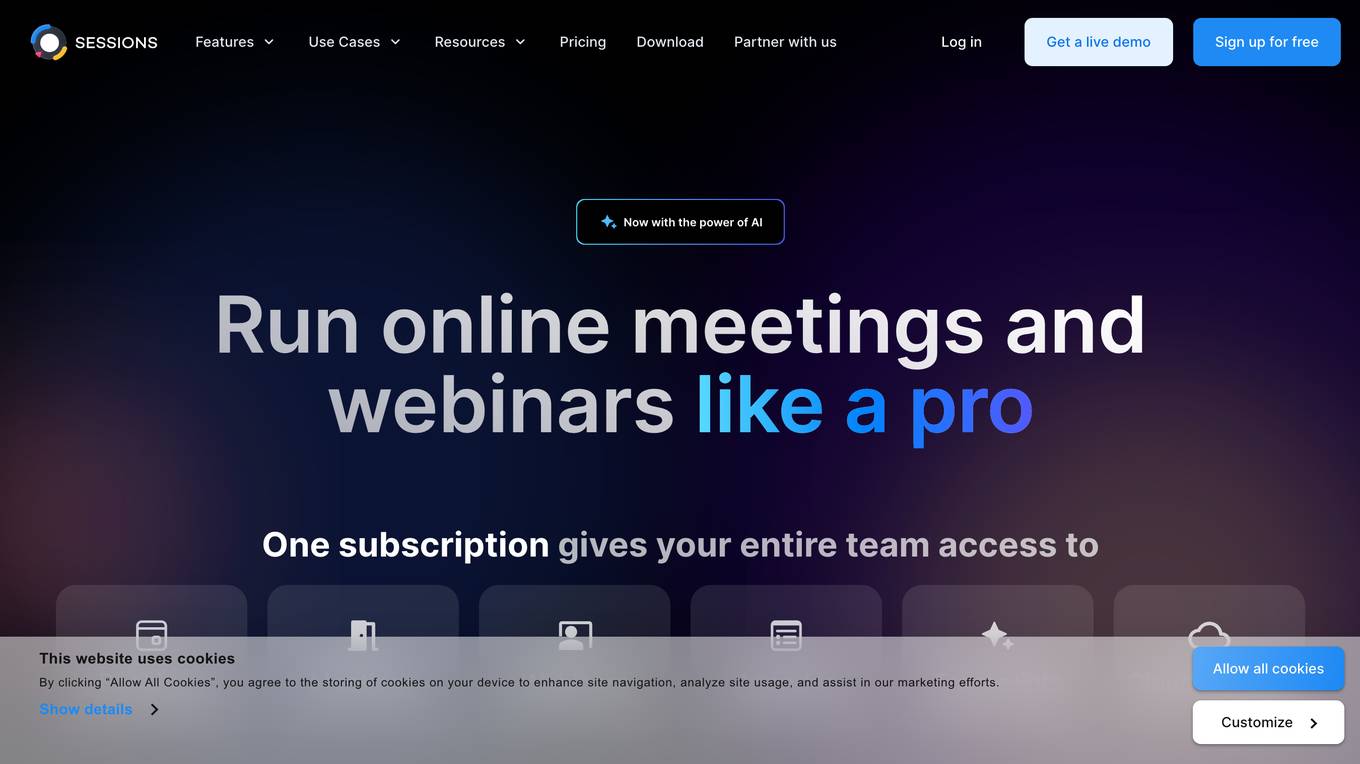
Sessions
Sessions is a cloud-based video conferencing and webinar platform that offers a range of features to help businesses run successful online meetings and events. With Sessions, users can create interactive agendas, share screens, record meetings, and host webinars with up to 1000 participants. Sessions also integrates with a variety of third-party tools, including Google Drive, Dropbox, and Slack, making it easy to collaborate with colleagues and share files. Additionally, Sessions offers a number of AI-powered features, such as automatic transcription and translation, to help users get the most out of their meetings.
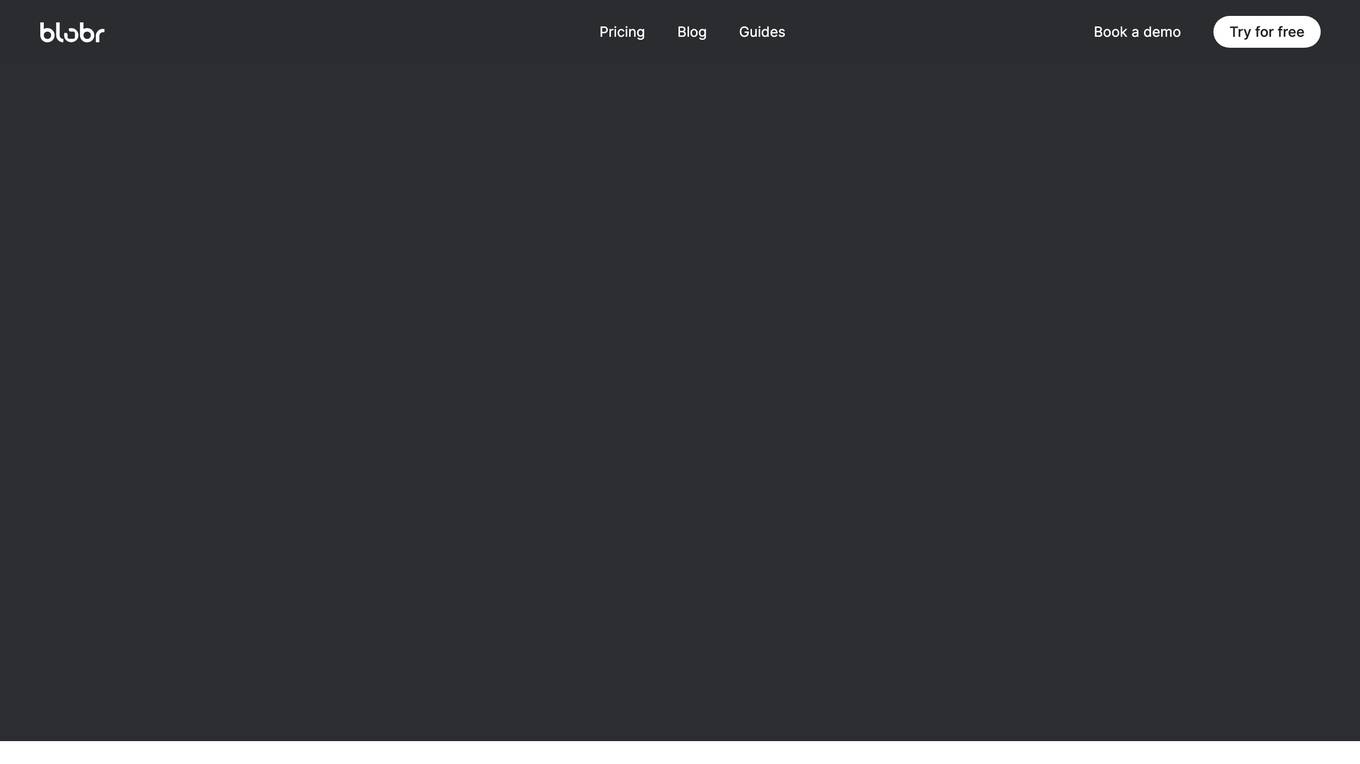
Blobr
Blobr is an AI tool designed to help users run Google Ads like a pro. It provides access to an AI twin of a Google Ads expert, trained to understand the user's business and apply winning strategies. Trusted by over 100 industry leaders and agencies, Blobr offers deep analysis, constant testing, and ruthless prioritization of Google Ads campaigns in real-time. The AI twin replicates the methodologies of Google Ads experts, providing deep understanding, same expert processes, and better coverage for campaign monitoring. Users can easily turn their campaigns into pro-mode by sharing business goals, connecting ad data, letting the AI twin analyze performance, receiving weekly insights, and applying optimizations with ready-to-use bulk edit files.
1 - Open Source AI Tools
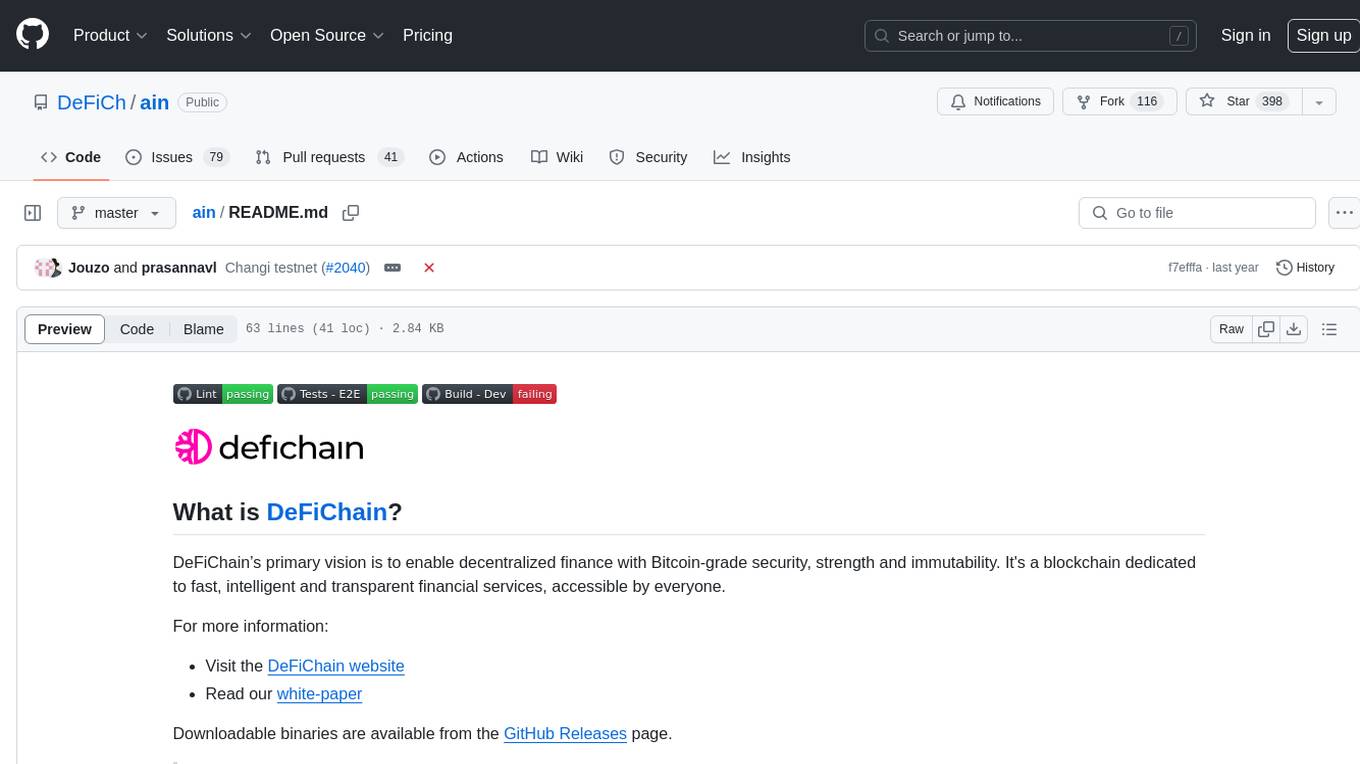
ain
DeFiChain is a blockchain platform dedicated to enabling decentralized finance with Bitcoin-grade security, strength, and immutability. It offers fast, intelligent, and transparent financial services accessible to everyone. DeFiChain has made significant modifications from Bitcoin Core, including moving to Proof-of-Stake, introducing a masternode model, supporting a community fund, anchoring to the Bitcoin blockchain, and enhancing decentralized financial transaction and opcode support. The platform is under active development with regular releases and contributions are welcomed.
20 - OpenAI Gpts
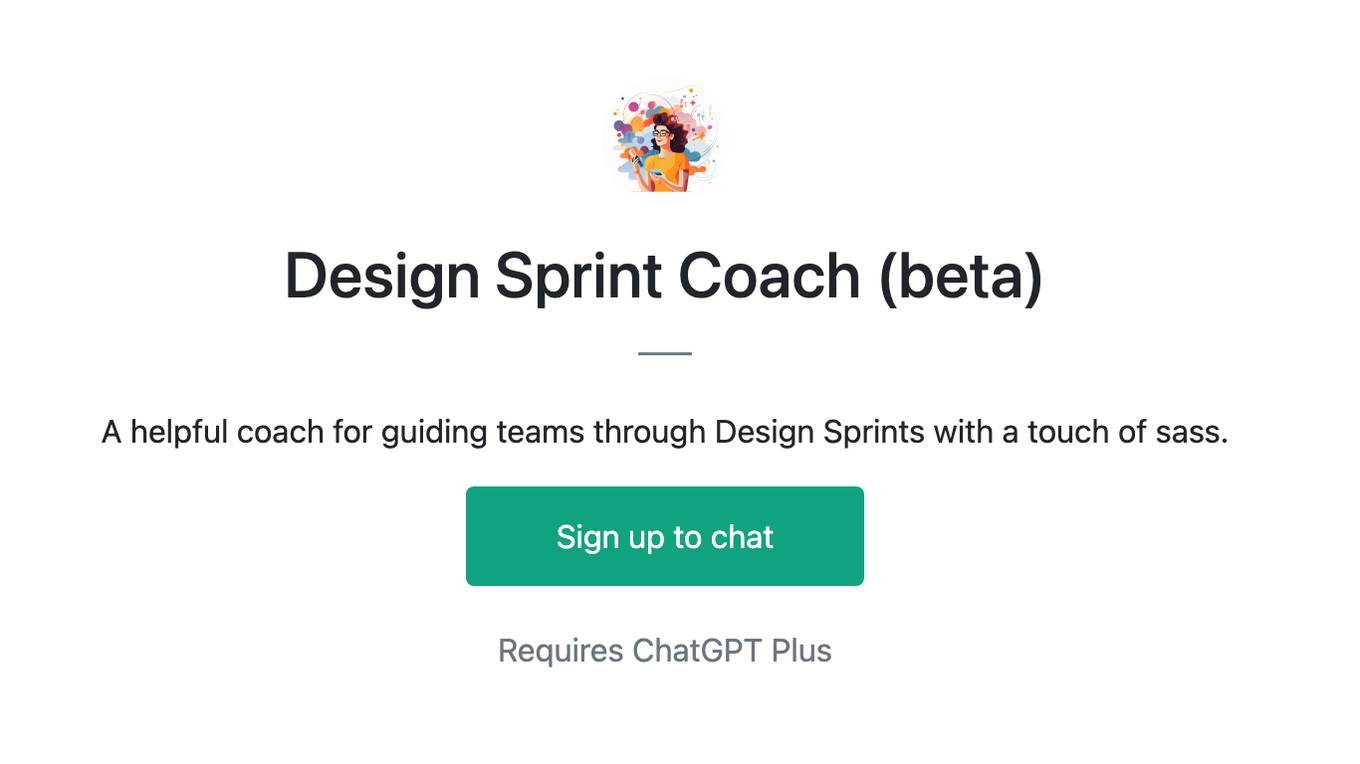
Design Sprint Coach (beta)
A helpful coach for guiding teams through Design Sprints with a touch of sass.

Database Builder
Hosts a real SQLite database and helps you create tables, make schema changes, and run SQL queries, ideal for all levels of database administration.

Community Design™
A community-building GPT based on the wildly popular Community Design™ framework from Mighty Networks. Start creating communities that run themselves.

Restaurant Startup Guide
Meet the Restaurant Startup Guide GPT: your friendly guide in the restaurant biz. It offers casual, approachable advice to help you start and run your own restaurant with ease.
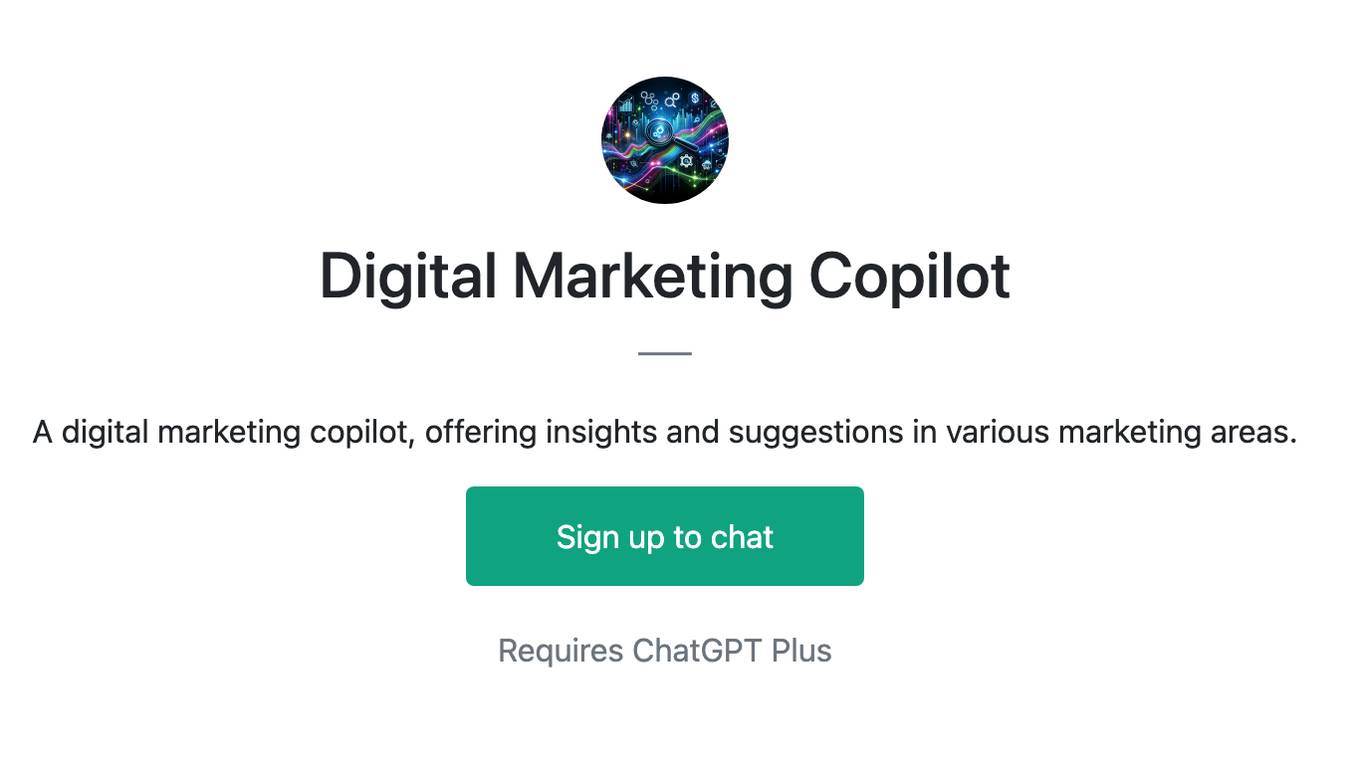
Digital Marketing Copilot
A digital marketing copilot, offering insights and suggestions in various marketing areas.
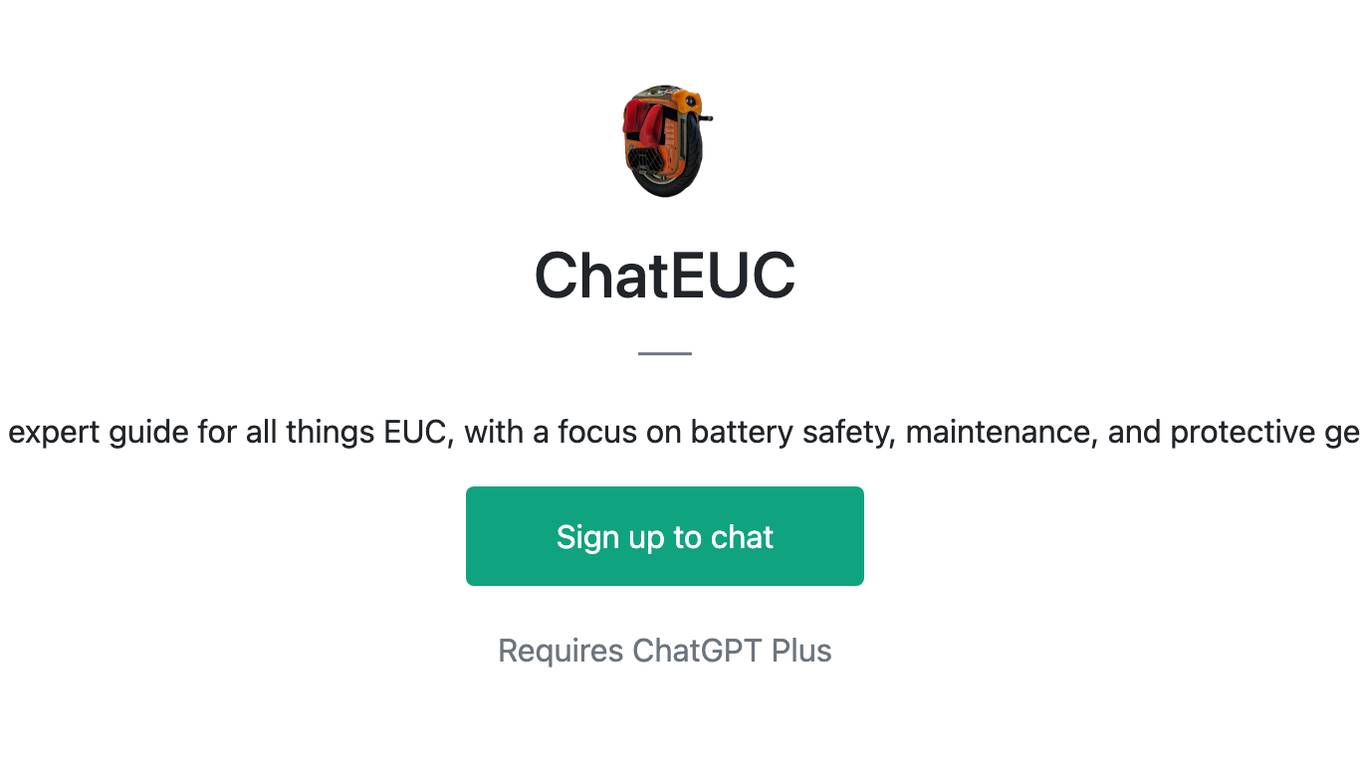
ChatEUC
Your expert guide for all things EUC, with a focus on battery safety, maintenance, and protective gear.

Pace Assistant
Provides running splits for Strava Routes, accounting for distance and elevation changes


